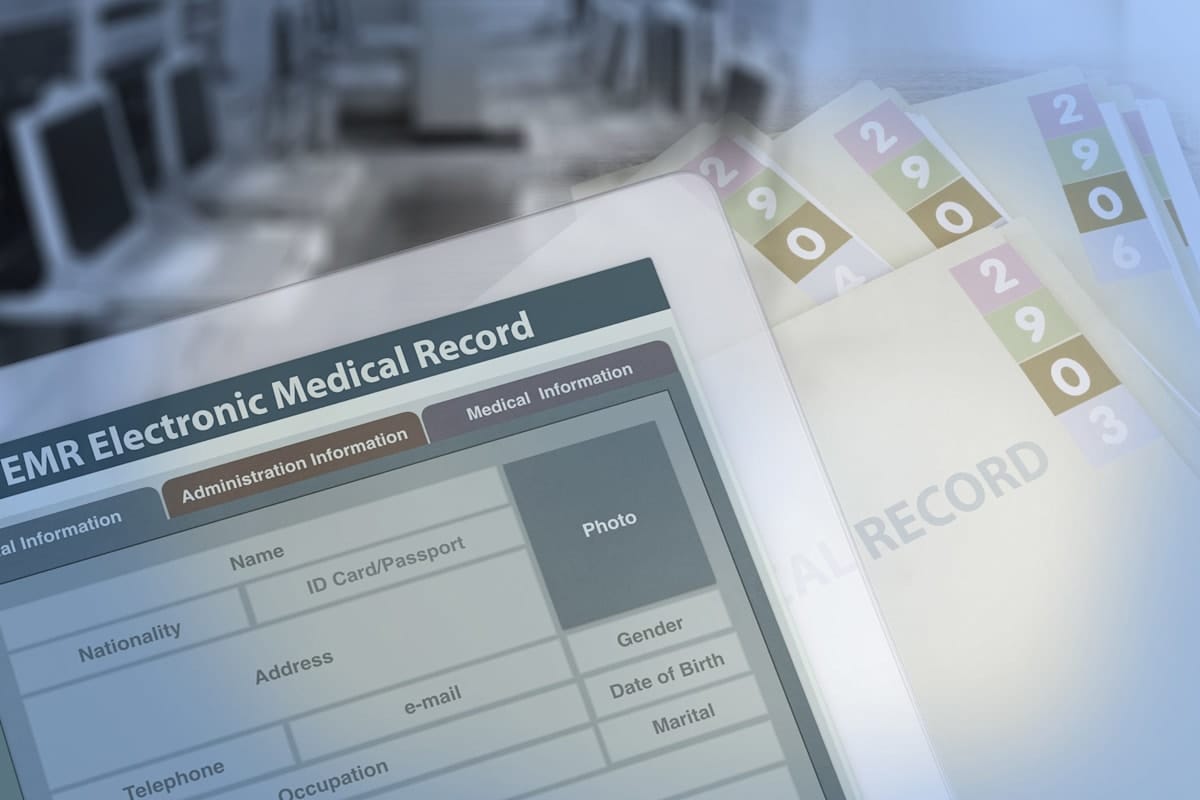
It’s really important to be as healthy as possible before getting pregnant to improve the health of both the mother and the baby.
Unfortunately, many people don’t realise the significance of taking care of their health before pregnancy, and by the time they start thinking about it, they’re already pregnant.
Certain factors, such as smoking, drinking too much alcohol, and being overweight or obese, can be addressed before pregnancy.
Doing so can reduce the chances of having complications during pregnancy, such as stillbirth, low birth weight, and preterm delivery. This helps make sure both the mother and the baby stay healthy.
Preconception care (PCC) involves educating people about these risk factors, and what they can do before getting pregnant to reduce these risk factors.
This includes advising them to take folate before trying to conceive, making sure any medications they take are safe for pregnancy, and addressing issues such as smoking, alcohol consumption, and weight.
GPs are well-positioned to help
Approximately 85% of the people in Australia visit their general practitioner each year; hence, GPs are in a great position to provide preconception care.
Electronic medical records (EMRs) in general practices are like a detailed file of a person’s health history, including factors such as past illnesses, vaccinations, prescriptions, and lifestyle habits such as smoking and drinking.
There’s evidence that general practice holds the most complete resource of patient information for the Australian population. This information can potentially assist GPs in identifying patients who may be at risk of adverse pregnancy outcomes based on their risk factors.
Read more: Family planning: The importance of preconception health
Our recent SPHERE research (co-authored by Professor Danielle Mazza and Dr Jessica Botfield from Monash University, and Professor Kirsten Black from the University of Sydney) shows that many reproductive-aged women (18 to 44) visiting general practice have a significant burden of risk factors based on their electronic medical records.
Consistent with the prevalence of medical and lifestyle risk factors recorded in national datasets, our study reveals that “among the women audited, 14% were smokers, 24% were obese, 7% had high blood pressure, 5% had diabetes, 28% had a mental health condition, 13% had asthma, 6% had thyroid disease, and 17% had been prescribed and could be using a potentially teratogenic medication”.
This shows there’s a great opportunity to use the information in these records to initiate preconception care.

Some preconception risk factors not well-documented
The study also showed that GPs commonly record information about risk factors in patients’ records, such as smoking (79%), blood pressure (74%), alcohol consumption (63%), and body mass index (57%). However, other important factors such as blood glucose levels, and obstetric and family history were not documented as often.
Improving the recording of all these factors in the electronic medical records can help GPs identify and provide preconception care to women who may most benefit from it.
It’s important to work on making these records more accurate and complete so everyone can get the best care possible.
This article was co-authored with Professor Kirsten Black, from the University of Sydney.





